What are boundaries? Boundaries are based on our values, beliefs, attitudes and behaviours that form part of who we are as we navigate through relationships with ourselves and others. The way we behave and communicate our boundaries set the tone for the type of relationship we seek. Indeed, most successful relationships thrive on not only setting out clear boundaries but most importantly working through them as relationships grow and change. We all have different boundaries, sometimes, things that one can tolerate is intolerable by another or an accepted behaviour by one can be totally unacceptable by another person. Boundaries are seen as ‘stop signs’ but in fact, having healthy boundaries can actually encourage autonomy and reduce co-dependency, can give a sense of empowerment and self-respect, ensures physical and emotional comfort and clarifies one’s wants, needs and feelings. Different forms of healthy boundaries are required for different relationships. For example,
- Physical Boundaries help us feel safe not just with strangers but also with those close to us.
- Emotional Boundaries ensure that others are respectful of our emotional well-being.
- Material Boundaries extend to our belongings and others respecting what we are comfortable with sharing.
- Time Boundaries ensures us to focus on priorities without feeling overwhelmed by the needs of others.
It is important to know that setting boundaries in relationships is about providing an environment where the needs of all parties are met and supported. Without healthy boundaries, a relationship can become toxic and damaging. Respecting other people’s boundaries therefore is just as important and should be validated although this can have its own challenges. It is up to everyone involved to build on and have an appreciation of each other’s needs and respect of values and beliefs so that a healthy long term relationship of any kind can be established.
